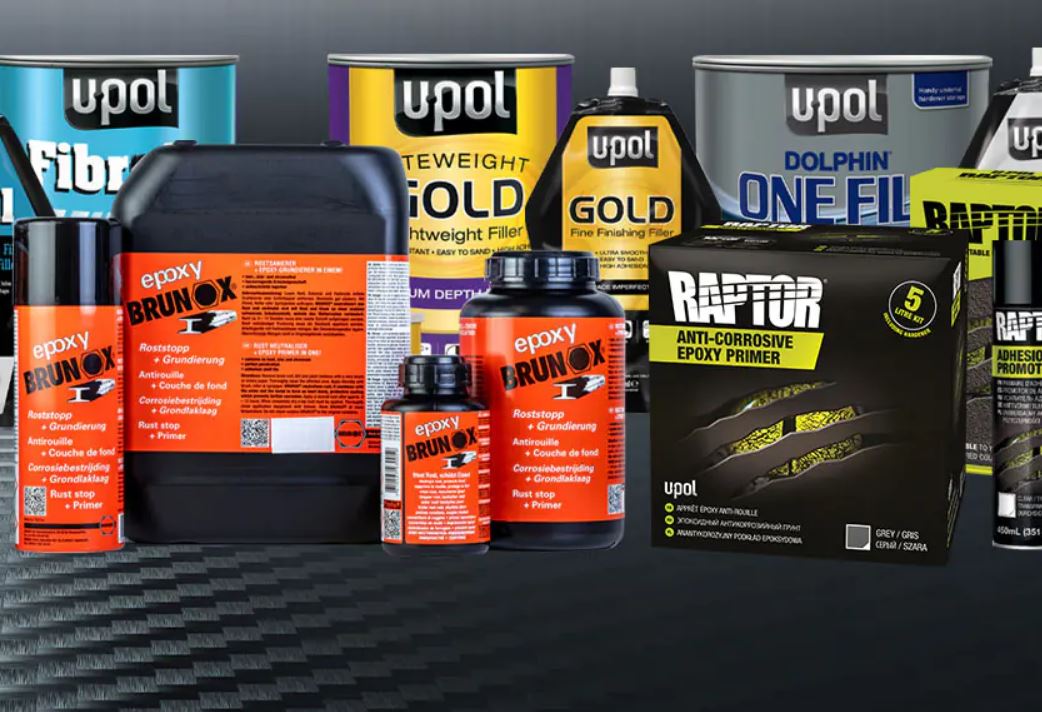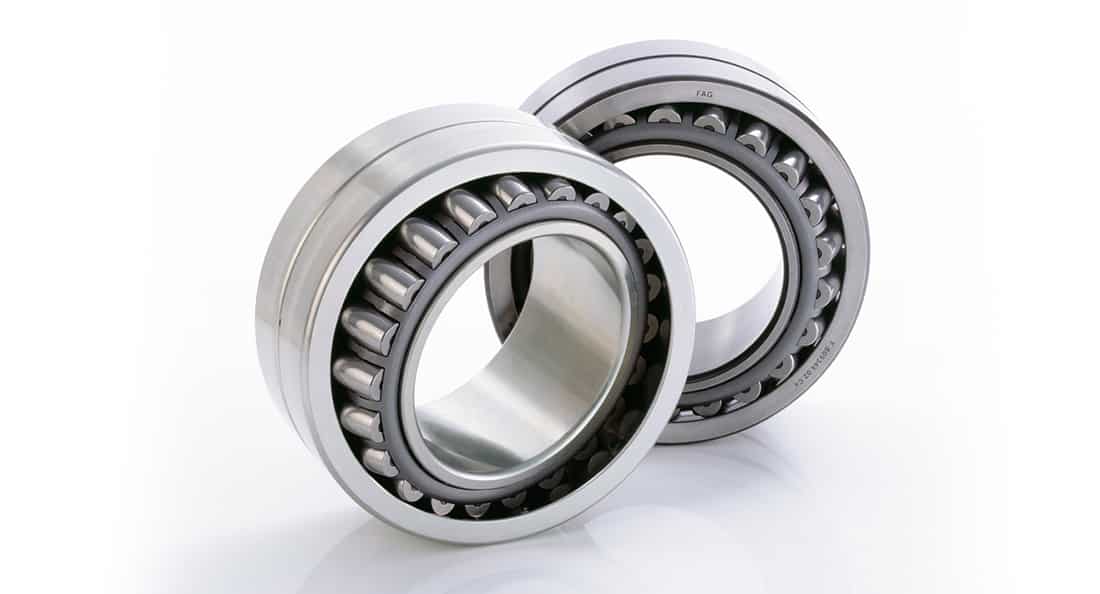11 May 2023
Selective distribution as a type of indirect distribution
When setting-up distribution channels, manufacturers or import distributors make choices about the type of distributor that will best reach their market. Broadly, there are three types - Intensive, Selective, or Exclusive distributors. Selective distribution narrows the field to specialist distributors that can provide broad market reach while also providing category specialization.
Manufactures and import distributors can choose to sell direct to end-users (consumers) or opt for distribution via intermediaries, a form of distribution that is termed indirect distribution.
Making decisions about which distribution method to adopt (selling direct to end-users, or selling via distributors, using an online selling model etc.) is called creating a distribution strategy.
Strategy is about making choices. To make a choice, you need to consider and discard options.
There are three types of indirect distribution...
1. Intensive distribution
2. Selective distribution
3. Exclusive distribution
In this article we discuss selective distribution
Selective distribution defined
Selective distribution is a a type of indirect distribution that optimizes an organization's market reach aimed at more specialized customer segments through choosing distributors who have a tight market focus.

A classic example is automotive products. These are products such as aftermarket accessories, automotive spare parts, tuning (performance enhancement) components, engines, automotive paints and ancillary products, car beautification, and 4WD after-market equipment.
Wholesalers and retailers in this space tend to stock only automotive products.
These products have a broad mass market appeal but less so than (say) FMCG (Fast Moving Consumer Goods) like food and beverage products and therefore aren't expected to be available on every street corner. Instead, manufacturers and import distributors of these products choose wholesale and retail distributors who specialize in the automotive markets.
This is a classic example of adopting a selling model that matches the buying behavior of consumers who wouldn't expect such products to be available in their local supermarket or corner store, but would go looking in specialists automotive retailers.
In Australia, two such examples of specialist automotive parts and accessories retailers are Repco (and other GPC owned chains) and Supercheap auto.

Selective distribution in B2B markets
In the B2B space, selective distribution is more the norm because by definition B2B products are more technical in nature and aimed at specific end-user markets. Examples are automation components, electronic equipment and components, Fluid Power components, medical supplies. specialized machinery and spare parts etc.

Roller bearings: example of specialized B2B product with mass market application but sold through selected distributors specializing in drive system components.
Specialist wholesale and retail distributors have specific market knowledge in their domain and familiarity with the products they are selling. Thus their ability to advise customers on product selection for their applications is superior to general retail outlets. Further, often specialist distributors employ sales staff who have a technical or trade background further improving their 'real-world' experience and can more easily relate to the customers.
Product training distributor's staff on technical products is also much easier when the staff already have considerable industry or domain knowledge. In the case of the roller bearing import distributor, sales staff will already be familiar with where roller bearings are used, thus product training can be abbreviated.
Customers seeking specialist products will naturally seek out distributors who obviously specialize in technical product segments thus improving the chance of finding your products ("do you stock roller bearings?"). This has obvious advantages for manufacturers or import distributors.
